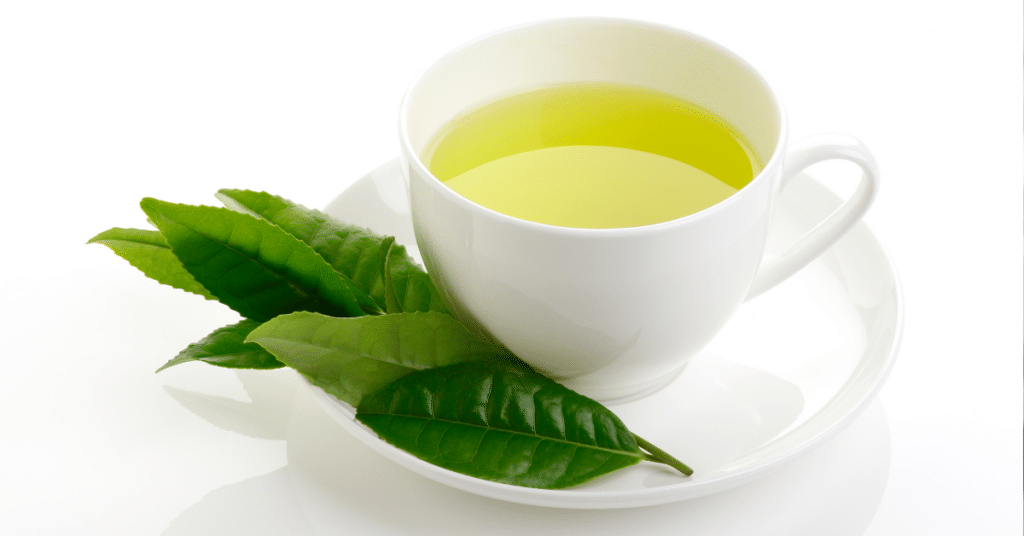Drinking Green Tea for Prostate Health
Chances are by now, you’ve heard about the many health benefits associated with drinking green tea. But did you know that drinking green tea is beneficial for your prostate?
Green tea has long been associated with powerful antioxidants called polyphenols, which are believed to positively affect skin health, and weight loss, and can potentially reduce the risk of some cancers and cardiovascular diseases. And, according to several studies, there is also a link between green tea and prostate health.
So what is Green Tea? And where did it come from?
Green tea is believed to have originated in China, and based on a popular legend, it is suggested that Shennong, an Emperor of China, discovered green tea had medicinal benefits as far back as 2737 BC. The legend suggests that he discovered the tea when tea leaves from a nearby tree fell into his cup of freshly boiled water. As the legend goes, he then drank the tea and found that it eliminated toxins from his body and bought about tremendous improvements in his health.
Though it is unlikely that a bunch of green tea leaves magically fell into a cup of boiling water, what is likely, is that the ancient Emperor, who was also a renowned Chinese medicine man, discovered the health benefits of this rather common tea and spread that knowledge to others. Thus making it a cultural staple in China, as well as Japan, and now, many other regions of the world.
Most studies regarding green tea and its effect on overall cancer prevention have been somewhat inconclusive, however, there have been some studies that concluded that consuming this popular tea, can help in the prevention of prostate cancer.
At the City of Hope Comprehensive Cancer Center, physician Sumanta Pal, MD reviewed the results of an Italian study that found that men who had a precursor to prostate cancer and drank green tea daily, were less likely to get prostate cancer.
Commenting on these results, Dr. Pal, said “Studies such as this are critical to confirm or support a plausible explanation for how green tea may work,” however, he like many other researchers, believes that more studies are needed before making any diet recommendations for the use of green tea in the prevention in certain types of cancer.
So the jury is still out regarding the impact that green tea has on cancer prevention, however, there is evidence to suggest that drinking green tea can contribute to prostate health. Studies have found that regularly consuming green tea, helps to reduce inflammation of the prostate, so as to reduce the pressure it can put on the urethra.
Green tea has also been discovered to have anti-bacterial and anti-viral properties, which can help protect the bladder from infections. This is especially important for men who have an enlarged prostate, as the impact it can have on emptying the bladder completely, can leave excess urine to grow stagnant and increase the likelihood of a bacterial infection.
The bottom line, adding green tea to a diet and lifestyle, can benefit a man’s overall health. With its potent antioxidants, regular consumption of green tea can contribute beneficially to prostate health by boosting the immune system and reducing inflammation. And, though more studies are needed, there is some evidence out there that suggests that drinking green tea can help slow the growth of prostate cancer, and in some cases, potentially prevent it from forming.
As more research continues to be done regarding the cancer-fighting benefits of green tea, one thing is for sure- when it comes to reaching for a healthy beverage, a soothing cup of green tea is an excellent choice.
DISCLAIMER: When consumed in moderation, green tea is safe for most people. However, please check with your doctor before consuming it, if you have an iron deficiency, or are on medications, especially those for anxiety disorders or heart conditions.


